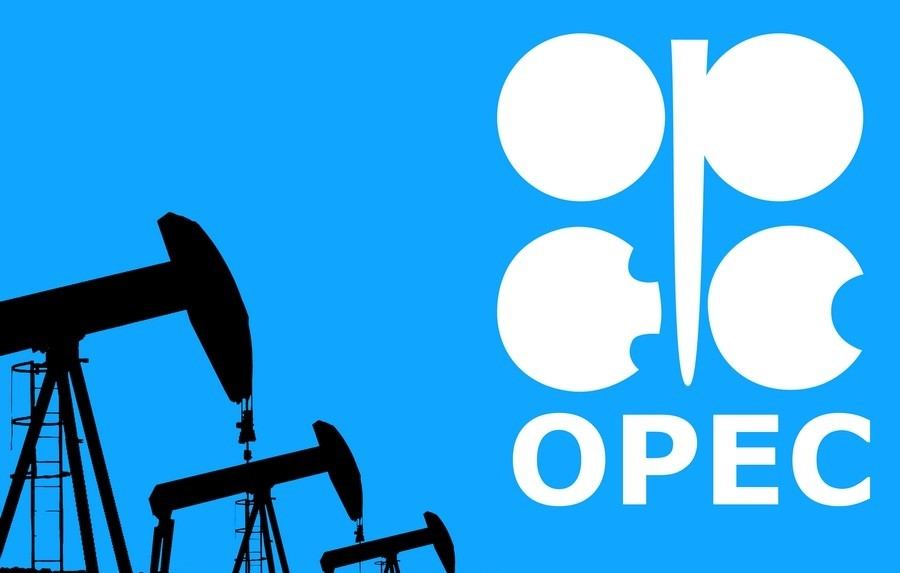BAKU, Azerbaijan, Apr.2
By Leman Zeynalova – Trend:
Higher oil output by OPEC+ is still moderate amid 2021 demand, Francis Perrin, Senior Fellow at the Policy Center for the New South (PCNS, Rabat) and at the French Institute for International and Strategic Affairs (IRIS, Paris), told Trend.
“The OPEC and non-OPEC ministerial meeting (OPEC+, 23 countries) which took place on 1 April had a bullish impact on oil prices. North Sea Brent and West Texas Intermediate (WTI) prices rose by 3-4 percent and this increase was the direct consequence of the OPEC+ decision of yesterday. Brent closed at $64.86 per barrel (June contracts) in London and WTI at $61,45/b (May contracts) in New York,” he said.
Perrin believes that the increase was due to the following factors:
1) Once more OPEC+ countries reached a unanimous agreement and rather easily, which had a positive impact on the oil markets. It has always been the case since 12 April 2020 after the failure of the 6 March 2020 summit in Vienna.
2) OPEC+ has decided to increase its production in May, June and July but these higher volumes are considered as moderate in the context of a rising oil demand in 2021.
3) On the economic and energy fronts we see a lot of positive signs coming from Asia and from the United States despite all the uncertainties linked to the Covid 19 health crisis.
4) The adoption by the U.S. Congress of the economic plan presented by President Joe Biden ($1,900 billion) has a bullish impact as the U.S. represents about 20 percent of world oil consumption.
5) OPEC+ countries will go on meeting every month to follow the evolution of the world market with a next meeting on 28 April. It means that these countries will be able to react rapidly to any negative trends if needed.
6) OPEC+ decisions are globally very well respected with a conformity rate estimated at 115 percent in February 2021. It does not mean that there are not some problems with some countries but what is important for the oil markets is the global conformity rate of these 20 producers (out of the 23 OPEC+ countries 20 are reducing their production since 1 May 2020. Iran, Libya and Venezuela are exempted from output cuts).
7) Oil stocks in OECD countries remain at a high level but they fell significantly over the August 2020-February 2021 period, which means that the market is rebalancing itself thanks to the OPEC+ output cuts and the rise in oil demand in 2021.
---
Follow the author on Twitter: @Lyaman_Zeyn






